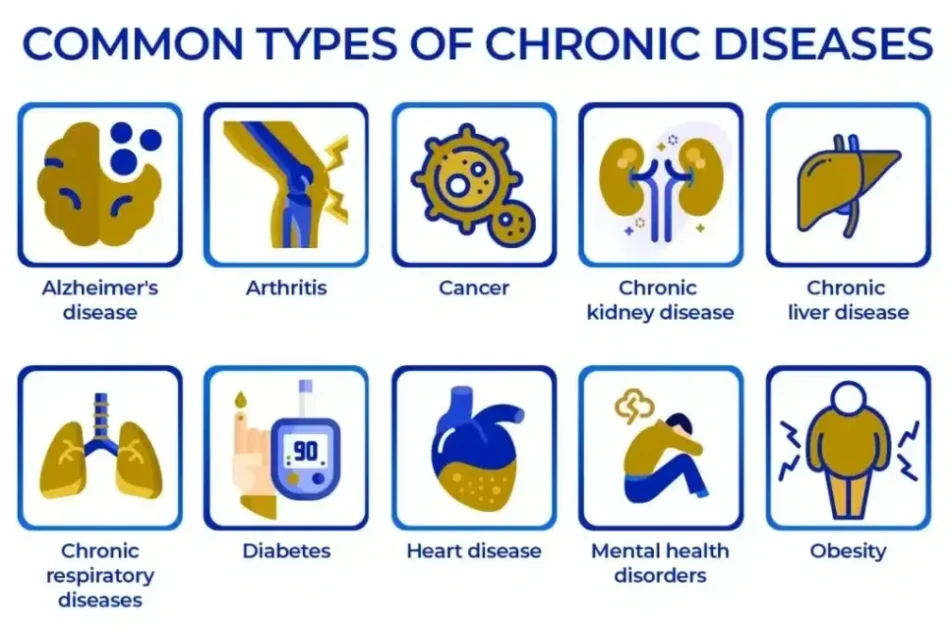Social Security is an important economic benefit for women across the United States. In fact, more than half (55%) of all people receiving benefits from Social Security are women. This is particularly important as we consider the financial futures of our female clients. In general, women tend to live longer than men, have historically had lower lifetime earnings, and ultimately have smaller assets available to them to live out their lives. There’s no need to be worried about this: with proper planning and a solid team of financial advisors, women can feel just as confident as men in entering retirement.
Creating a strong financial future includes knowing the right information at the right time, including information about Social Security. Here are the top four tips Wealth Planning Corporation offers to our female clients and families as they make important decisions in their lives.
Name Changes: Be sure to contact the Social Security Administration if you have had a name change.
Throughout life, many people experience name changes. Most commonly, it’s due to marriage or divorce. As you move through life, it’s critical to keep the Social Security Administration updated about your legal name. When your employer pays you, when you pay taxes, acquire assets like homes, and other financial situations, it is all filed under your Social Security number and your legal name. If you have changed your name over the years and your paperwork does not reflect accurate information, the Social Security Administration cannot give you credit for the Social Security taxes you have paid and the wages you have earned. This impacts the amount of money that will be available to you upon retirement. The process for communicating a name change with the Social Security Administration is straightforward, and you can learn more about that process on their website.
Benefits for Widows: Survivor benefits are available to you.
If your spouse died, you are eligible for widow’s benefits under the Social Security program at age 60 if you’re not disabled and at age 50 if you are a person with disabilities. According to the Social Security Administration, benefits will depend on both your age and the amount of funds your spouse was entitled to at the time of death. If your spouse was receiving reduced benefits, this would impact the amount of your survivor benefits, too. In the event your spouse died and you are caring for an individual under the age of 16, you may also be eligible to collect survivor’s benefits even if you are not 60 years old. There are important eligibility rules around the timing and duration of any marriages subsequent to the death of your spouse: “If you remarry before you reach age 60 (or age 50 if disabled), you can’t receive widow’s benefits as long as that marriage remains in effect. If you remarry after you reach age 60 (or age 50 if disabled), you’ll continue to receive benefits on your deceased spouse’s Social Security record. However, if your current spouse is a Social Security beneficiary, you should apply for a spouse’s benefit if it would be larger than your widow’s benefit. You can’t get both.”
Divorced Spouses: Consider your options for filing claims.
Women should be aware of the options available to them if they are divorced. There are certain situations that may benefit you as a divorced woman, and some situations may benefit you more than others. In fact, you may be eligible to claim Social Security benefits based on the wages earned by a former spouse, regardless if that spouse is living or deceased. There are some qualifications of receiving benefits based on your age, whether your former spouse is living or deceased, and how long your marriage lasted, among others. Here are the guidelines for understanding eligibility as outlined by the Social Security Administration:
If you are divorced and your ex-spouse is living
If you’re divorced, you can receive benefits based on your ex-spouse’s work if:
- Your marriage lasted 10 years or longer.
- You’re unmarried.
- You’re age 62 or older.
- The benefit you’re entitled to receive based on your own work is less than the benefits you’d receive based on your spouse’s work.
- Your ex-spouse is entitled to Social Security retirement or disability benefits.
If you are divorced and your ex-spouse is deceased
You can receive benefits based on the earnings of a former spouse who is deceased if:
- You are age 60, or age 50 if you are disabled.
- If your marriage lasted at least 10 years, and you aren’t entitled to a higher benefit on your own record.
- At any age if you’re caring for your ex-spouse’s child, who also is your natural or legally adopted child and younger than 16, or disabled and entitled to benefits. Your benefits will continue until the child reaches age 16 or until the child is no longer disabled. You can receive this benefit even though you weren’t married to your ex-spouse for 10 years.
Caregivers: Consider becoming the representative payee.
In the case of caregivers who are caring for an elderly or family member with disabilities, it’s recommended to apply to become the representative payee to help your loved one manage their Social Security benefits. Because of the threats of false claims and bad actors, the Social Security Administration will do a thorough investigation of your situation before handing over another individual’s benefits to you; however, if you are approved to become the representative payee, the funds will be administered to you in your name on behalf of your loved one, making it much easier to use their benefits to cover their expenses.
Knowing these four basics of the Social Security will help you feel confident and secure about your benefits and eligibility to receive them. The Social Security Administration has reinforced benefits for women over the years, and made it a stronger program for women through the many phases of their lives.
If you have questions about your specific situation, please reach out! Wealth Planning Corporation would be glad to help.





